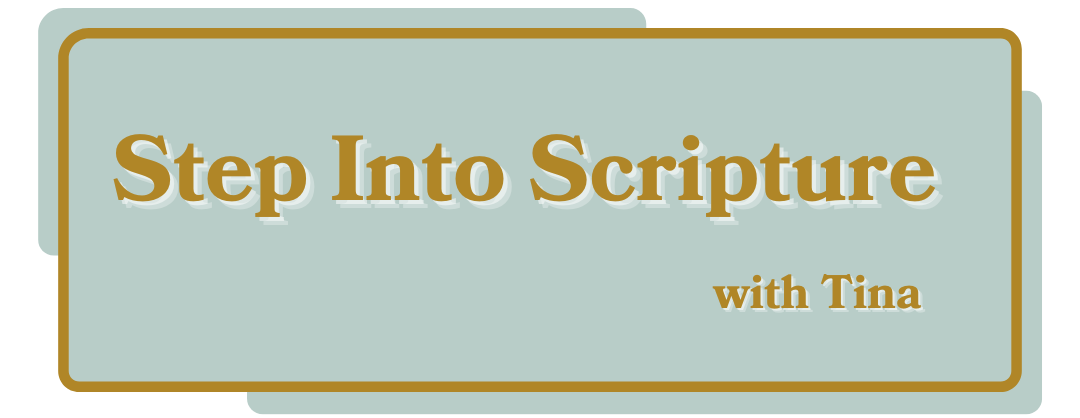Jehoshaphat was one of the kings of the ancient Israel’s southern kingdom who really tried to follow God’s ways. In 2 Chronicles 19-20, we read an amazing account of Jehoshaphat’s reforms and victories in Judah. He set up judges who were accountable to the chief priest and gave them these instructions:
“In every case that comes before you from your people who live in the cities—whether bloodshed or other concerns of the law, commands, decrees or regulations—you are to warn them not to sin against the Lord; otherwise his wrath will come on you and your people. Do this, and you will not sin.” (2 Chronicles 19:10)
A Biblical Story of Fasting and Prayer
When Jehoshaphat got serious about moving the people closer to God, attacks ensued. This pattern is still true for us today. When we make intentional efforts to pursue godliness, we’re often met with spiritual opposition. Judah’s opposition came in the form of attacks from the Moabites and Ammonites. Some people came and told Jehoshaphat,
“A vast army is coming against you from Edom, from the other side of the Dead Sea. It is already in Hazezon Tamar” (that is, En Gedi).” (2 Chronicles 20:2)
Jehoshaphat led the nation in a response that also instructs us in how we ought to respond to spiritual warfare.
“Alarmed, Jehoshaphat resolved to inquire of the Lord, and he proclaimed a fast for all Judah. The people of Judah came together to seek help from the Lord; indeed, they came from every town in Judah to seek him.” (2 Chronicles 20:3–4)
